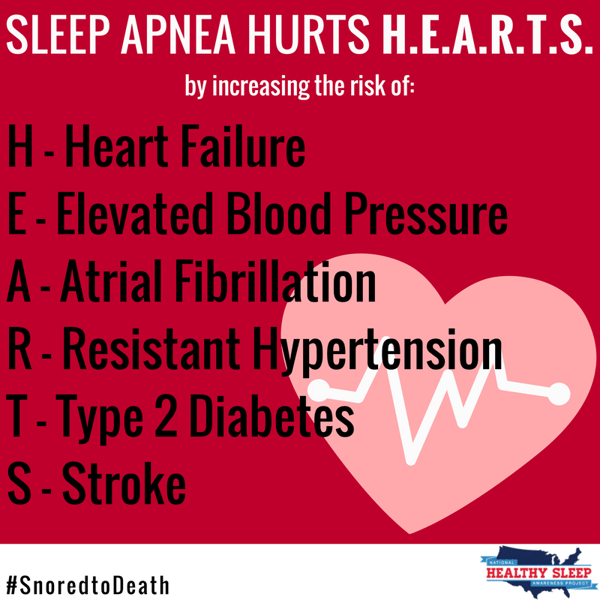The Revolving Circle of Diabetes, Sleep Apnea, and Obesity
The connection between diabetes, obesity, and sleep apnea is fairly well-studied and undeniable. Regardless of whether the chicken or the egg comes first in this case – i.e., the root cause of the sleep apnea, diabetes, obesity connection – the point is that they are all linked in ways that negatively affect each other.
- Obesity can worsen obstructive sleep apnea
- OSA can worsen diabetes management
- Diabetes can make it harder to lose/manage weight
The bad news is that it’s quite an insidious cycle. The good news is that there are treatments that help make this revolving door more manageable.
What is Obstructive Sleep Apnea
Obstructive sleep apnea is a condition that occurs when no air enters the lungs when the sleeper expands the chest to inhale – i.e. you don’t breathe. It is a potentially serious medical condition and sleeping disorder that can lead to severe sleep deprivation. OSA causes you to repeatedly stop breathing throughout the night, anywhere from 5 times per hour up to 30+ times per hour.
This usually happens because:
- A sleeper’s tongue falls back against the soft palate
- Then the soft palate and uvula are pushed against the back of the throat
- The airway is blocked
Each time you stop breathing you rouse yourself out of sleep to begin breathing again, though in the morning you will not remember waking. Here is a common scenario for why OSA causes you to stop breathing:
- Your breathing muscles in the back of your throat relax
- This causes the back of your throat to collapse fully or partially, blocking your airways
- Your body rouses from sleep to wakefulness to resume breathing
- You do not remember waking up in the morning
Each blockage/arousal cycle is called an apnea or apnea event.
OSA and Obesity
There is a strong link between obesity and OSA. Obesity can cause the onset of, or significantly worsen, obstructive sleep apnea.
The reason is that obesity affects the physiology of your airway, such as making it smaller. Having a narrower airway makes it easier to become blocked, either completely or partially. In some cases, weight loss is a treatment for OSA.

Common Symptoms of Obstructive Sleep Apnea and Diabetes
OSA can cause severe sleep deprivation, which can mess with your metabolism is ways that is remarkably similar to diabetes symptoms. Furthermore, there are other commonalities between the two diseases, such as:
- Metabolic conditions
- Obesity
- Glucose intolerance
- Cardiovascular complications
Because both OSA and diabetes present many of the same symptoms, untreated OSA can significantly aggravate diabetes risk factors if the OSA is left untreated. Fortunately, there are paths to a diagnosis and a variety of OSA treatment options available that can alleviate symptoms and potentially save lives for those suffering from OSA and diabetes.
Treating the Obesity, OSA, and Diabetes
A number of different treatments are commonly tried, and like with anything it’s best to consult with your doctor about treating disease.
When it comes to OSA, weight loss (if applicable) can be a good place to start treatment and see if losing weight relieves symptoms. Beyond this, CPAP therapy is extremely effective in treating OSA in most cases.
To treat the obesity-OSA-diabetes revolving door, treating all three at the same time may be the most effective in breaking this insidious cycle.
Our sleep specialists can consult with you about treatments for OSA:


